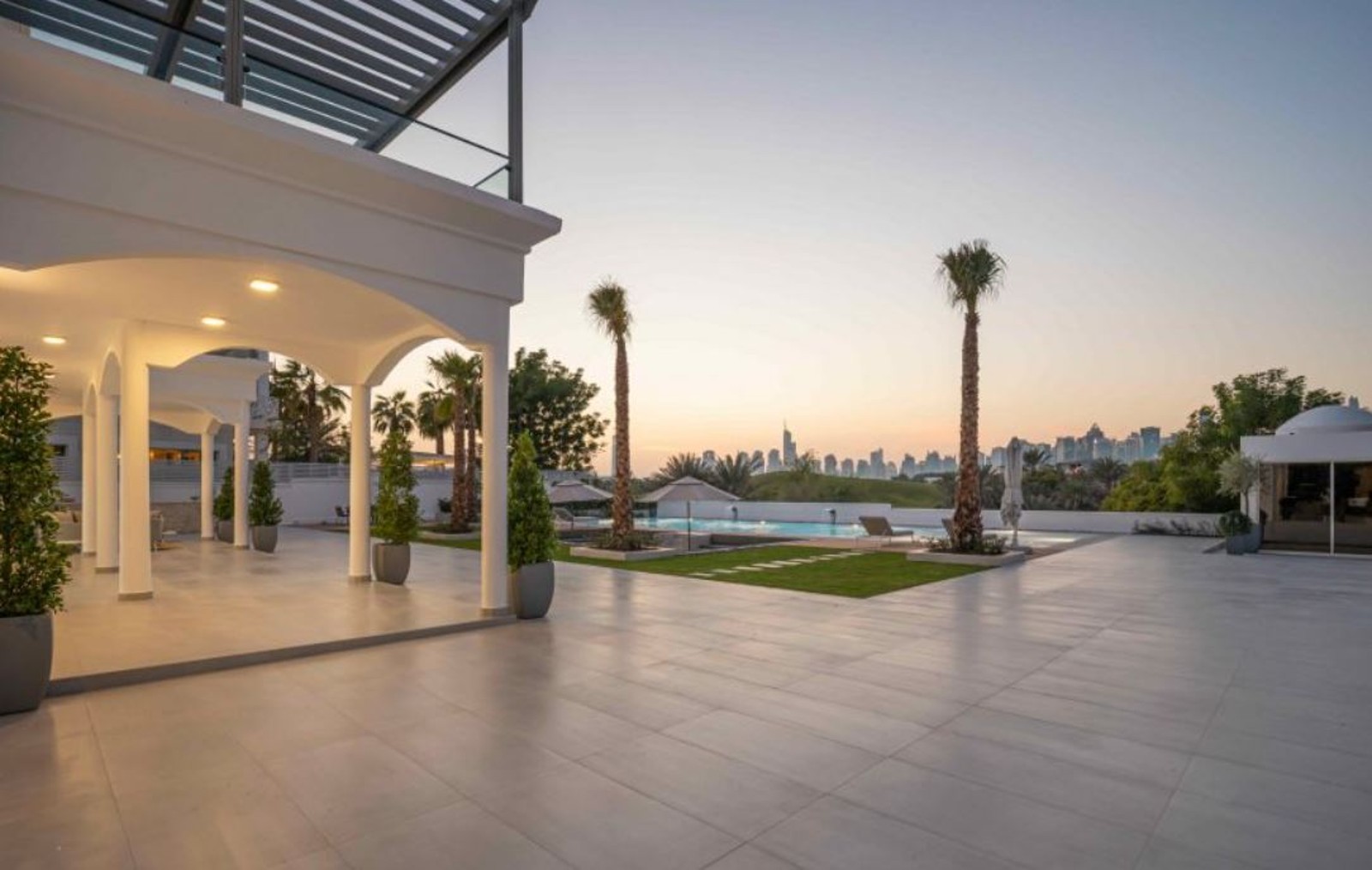Staycations at fancy apartments and villas are outdoing luxury hotels + Employees who work from home may have to give up their sick days

After years of the pandemic, “revenge tourism” sees demand for vacation rentals surpassing hotels: Across the Middle East, there’s been a new trend in the tourism market where travelers want to stay in vacation rentals to enjoy more space and comfort, writes CNBC. The upshot: It’s not regular Airbnbs that are getting more attention. Popular rentals often include gyms, private cinemas, smart home devices, and even the services of personal attendants, butlers, and chefs. The uptick in demand (even during peak covid) has pushed several firms across the region, mostly in the UAE and Saudi Arabia, to enter the premium holiday homes business in recent years, as these rentals don’t carry the same risks as hotels. Traditional hotel names have joined in on the trend, with Marriott launching Homes & Villas by Marriott International, which now boasts rental homes in over 100 destinations.
Companies are reluctant to approve sick days for employees who work from home, suggesting that technology allows them to continue work from their sick beds, writes the Financial Times in a feature story. As remote work becomes more normalized, management is underlining the importance of digital “presenteeism,” making workers hesitant to ask for time off when they’re feeling unwell. In 2020, the UK saw a record low in the number of sick days employees took despite the pandemic. The figure dropped to 1.8% of working hours lost due to sickness absence compared to 3.1% in 1995. Similar sentiments were seen in the US and China, studies find.
It’s up to management to communicate that health needs to be prioritized, the FT writes. Policies related to sick leaves are only effective if they are properly communicated to staff. Meanwhile, managers must recognize that allowing employees to work while unwell is counterproductive and damaging to employee engagement.